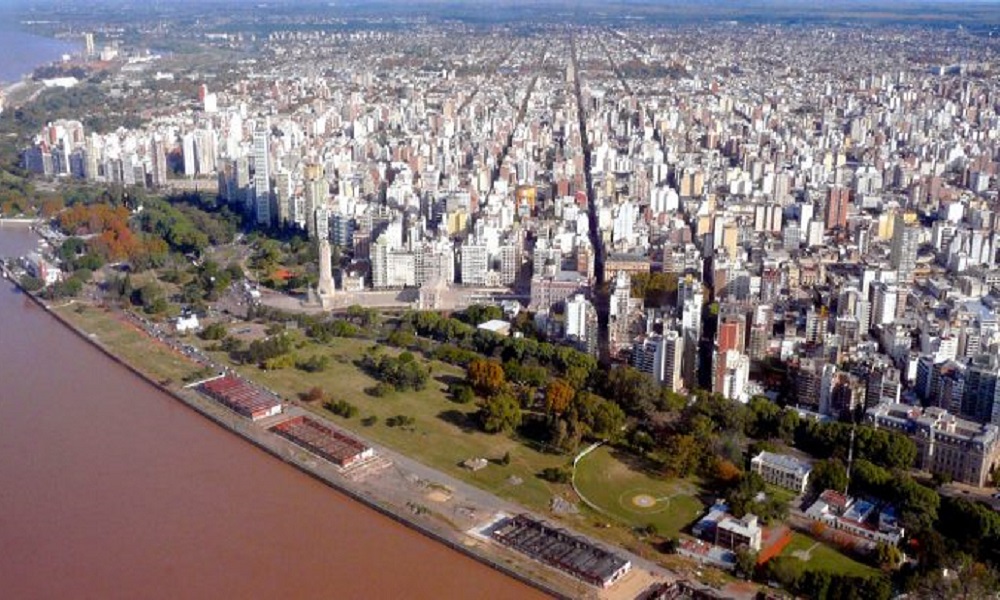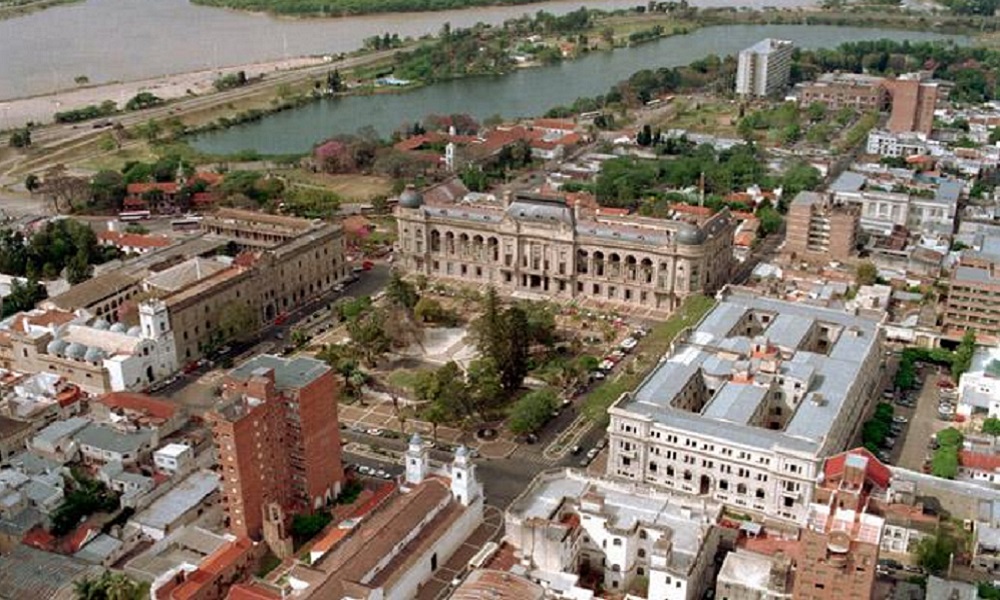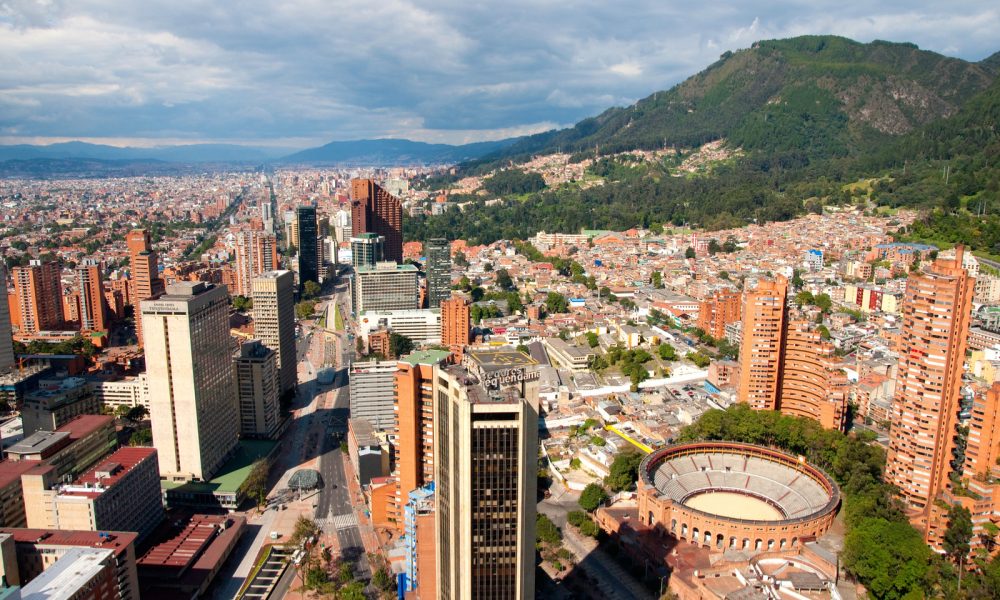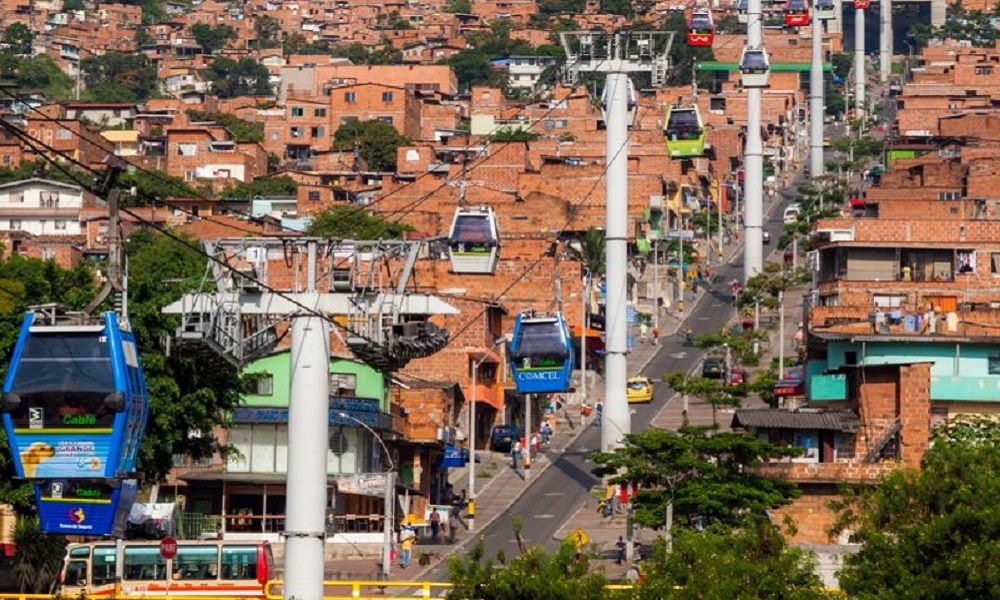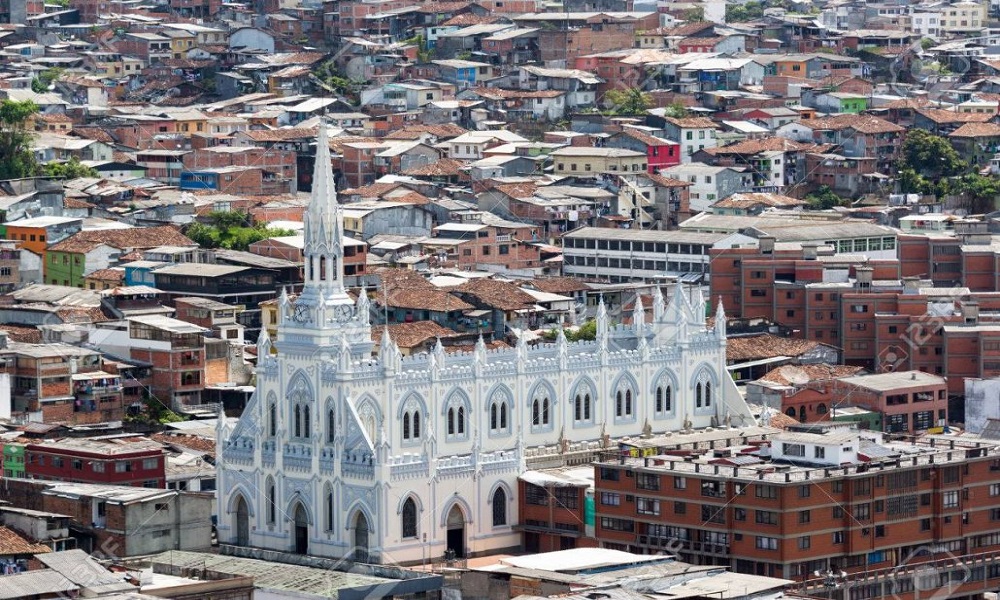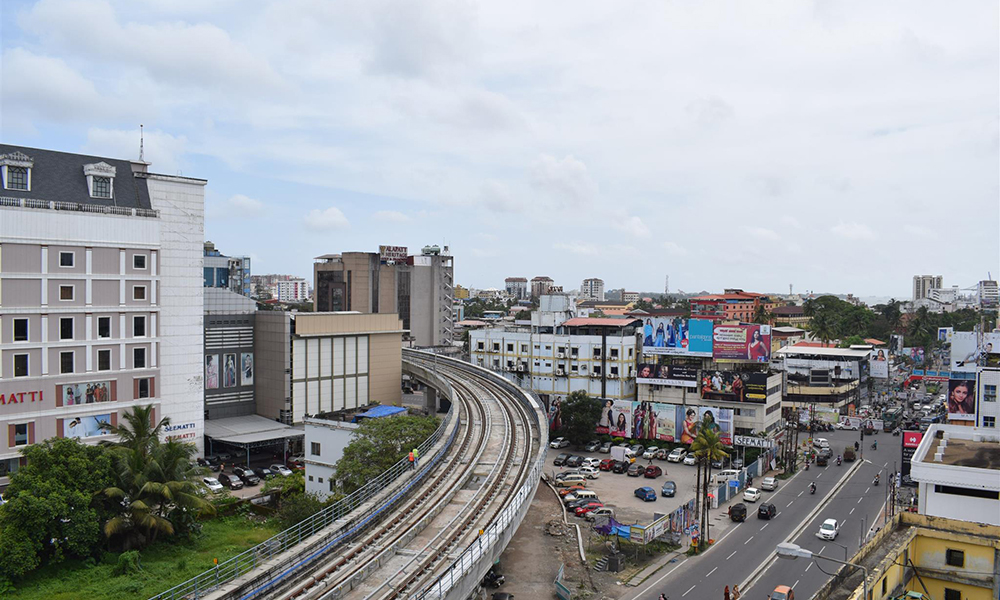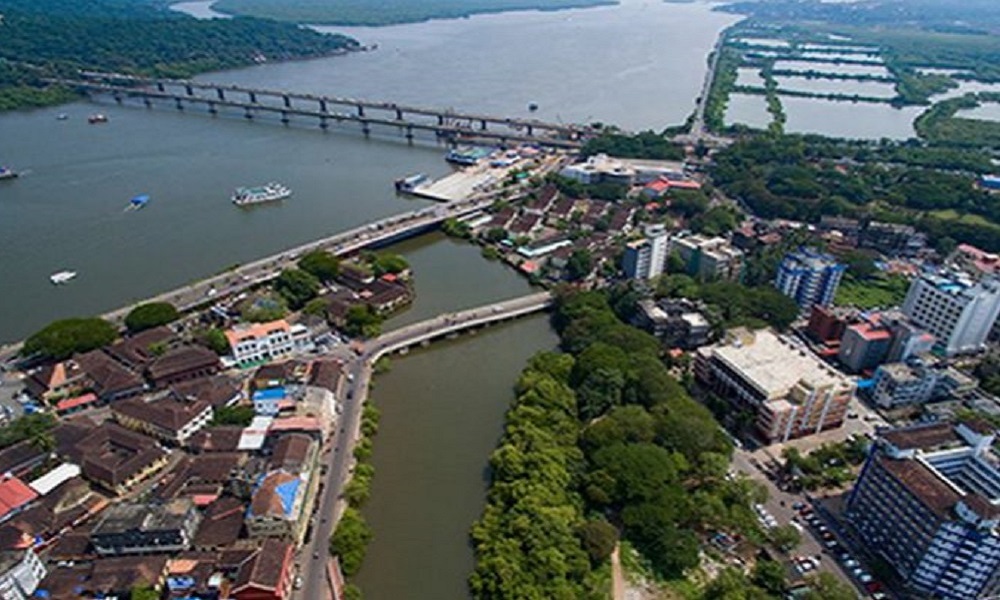Low-carbon urban freight demonstration projects
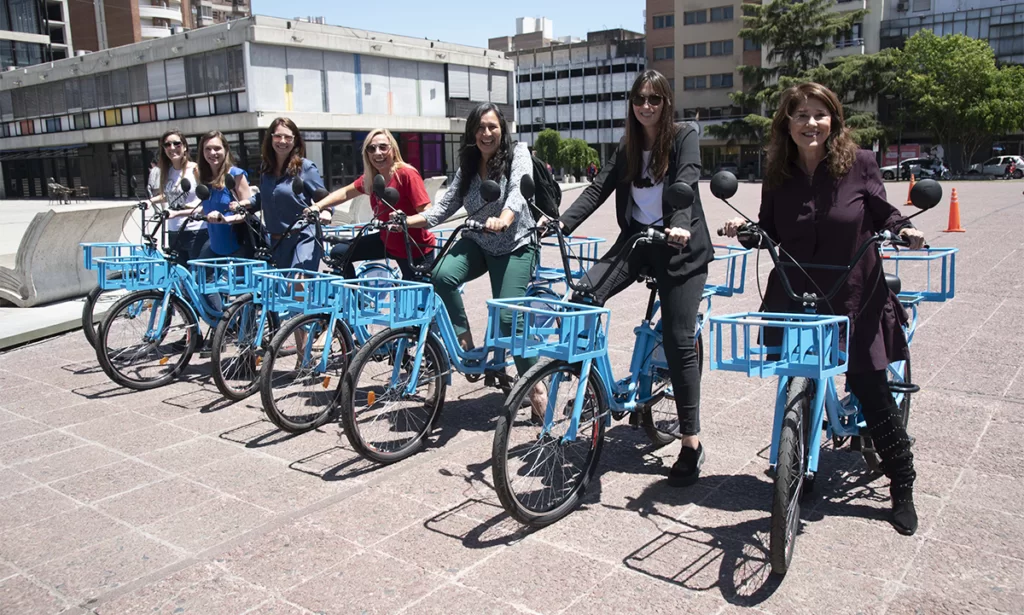
Rosario, Argentina
Public cargo bike sharing for sustainable urban logistics
Through the project, awareness-raising activities, information survey and trainings will be conducted to further disseminate the EcoLogistics project outcomes, learnings and experiences. This pilot will provide a sustainable alternative for the transport of goods, and consequently reduce the number of conventional delivery vehicles used.
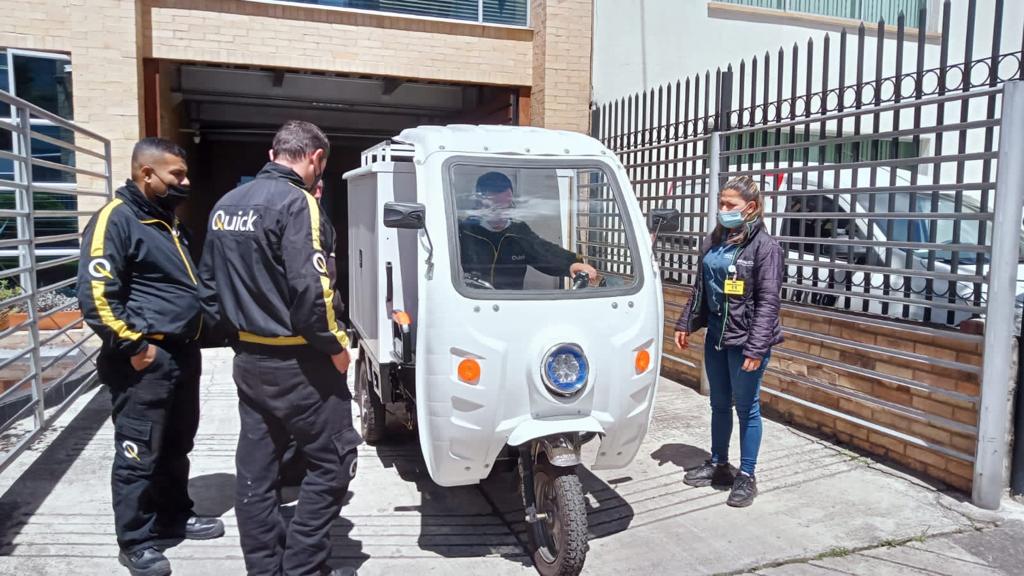
Bogotá D.C., Colombia
Implementation of consolidation centers in prioritized areas of Bogota using zero-emission vehicles for last-mile deliveries
The delivery of packages will be evaluated according to: the demand for package orders, the concentration of air pollutants and the articulation with other district initiatives. It is estimated that 15 low/zero-emission vehicles will be deployed, including 8 cargo bikes (2/3-wheel) and 7 light electric vehicles (subject to change). These vehicles would be used to replace light goods vehicles (with a gross vehicle weight less than 3.5 tons) for last-mile deliveries. Different operational schemes will be tested, by taking into account delivery time, the types of vehicles used, and will include various companies for package deliveries.
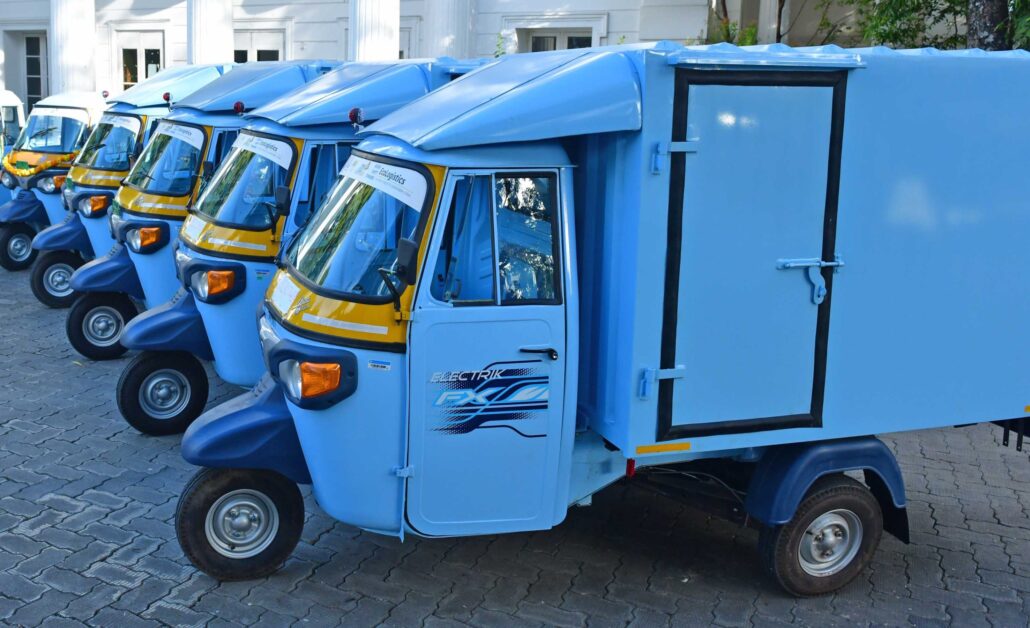
Kochi, India
Promoting low-emission 3-wheeler freight vehicles for last-mile deliveries in the Ernakulam Market
In this context, the proposed demonstration project consists of operationalizing electric 3-W freight vehicles to validate the workability, financial viability and demonstrate the benefits of low emission freight vehicles for last-mile goods delivery. The demonstration project will introduce 20 electric 3-wheeler freight vehicles. Different variants (the vehicles shall differ in the form factor of loading space i.e pickup and delivery van) of electric 3 -W freight vehicles available in the market will be deployed and tested under the project to evaluate their performances and viability to scale up. As the capital cost of electric freight vehicles is substantially higher compared to internal combustion engine counterparts. The initiative will be launched on a pilot basis for the Ernakulam market (one of the most prominent and busiest trade markets) area.
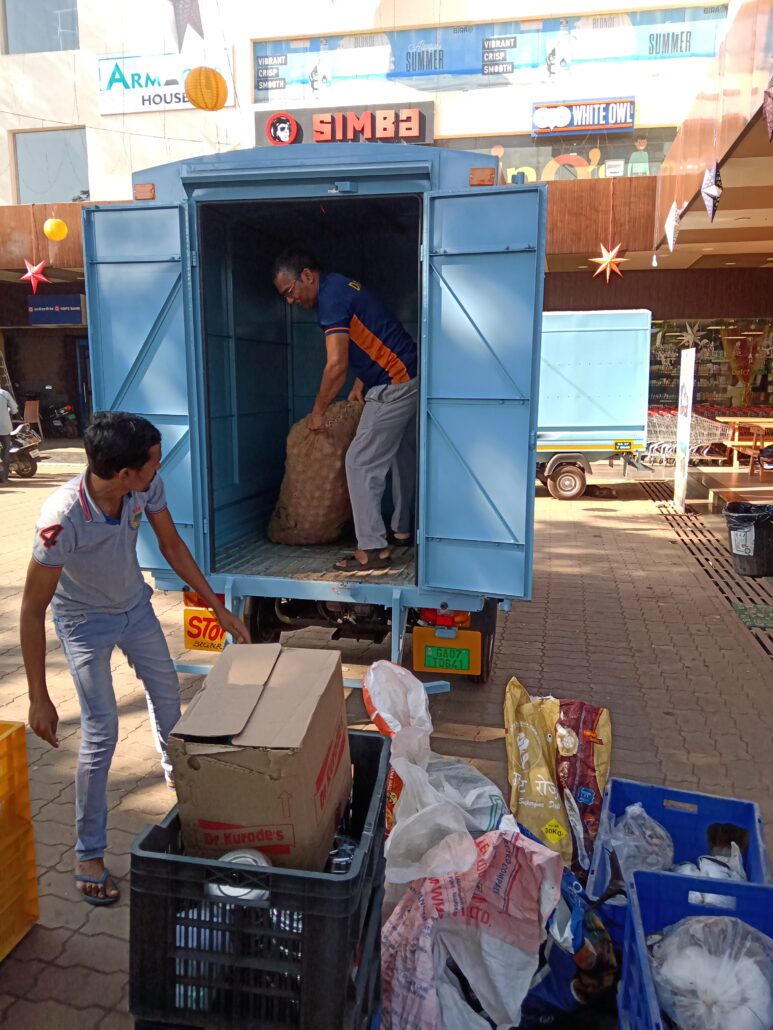
Panaji, India
Promotion of Collaborative last mile delivery (load pulling) through electric freight vehicles
The project will validate and demonstrate the workability, performance, techno-financial viability of the use of low emission electric freight vehicles, and the load pooling concept for urban freight deliveries. The operationalization of electric freight vehicles includes replacing ICE-based freight fleets. It will develop the case for the more rapid electrification of the urban freight fleet. Load pooling will encourage several distributors and traders (shippers) to pool load in a single multi-stop trip and help shippers and carriers (freight vehicle owners) to create optimal delivery outcomes. Pooling will increase the load factor of freight vehicles and thereby increase the efficiency by reducing the number of vehicular trips and delivery-related fuel consumption, as well as cut delivery costs thereby reducing congestion, and stress on limited parking spaces in core city areas.
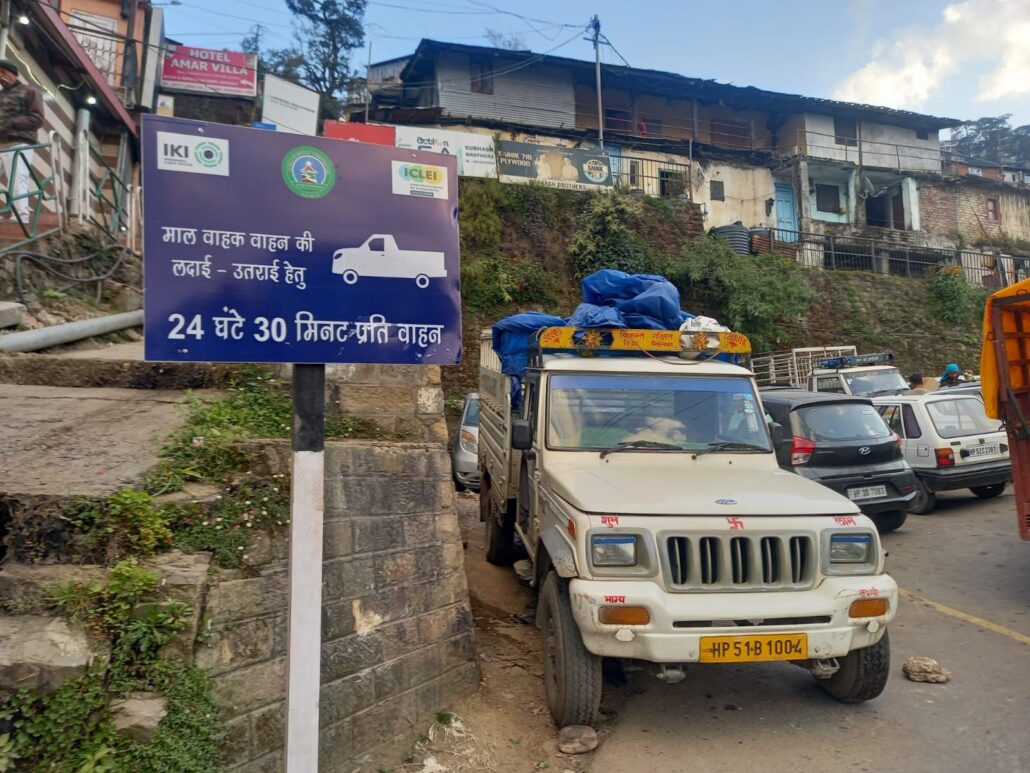
Shimla, India
Sensitizing road users and freight operators through low cost interventions to manage freight movement
Therefore in order to reorganize the freight parking and create awareness amongst the freight operators about the importance of organized parking, two stretches (Cart road and Khalini chowk road) have been identified in consultation with Shimla Municipal Corporation, National Highway Authority of India, and Traffic Police Department of Shimla for implementing the proposed demonstration project. The demonstration project will facilitate the requirement of loading/ unloading activities on the identified road stretches by delineating spots for loading/ unloading in line with the existing restrictions imposed by the Traffic Police Department.
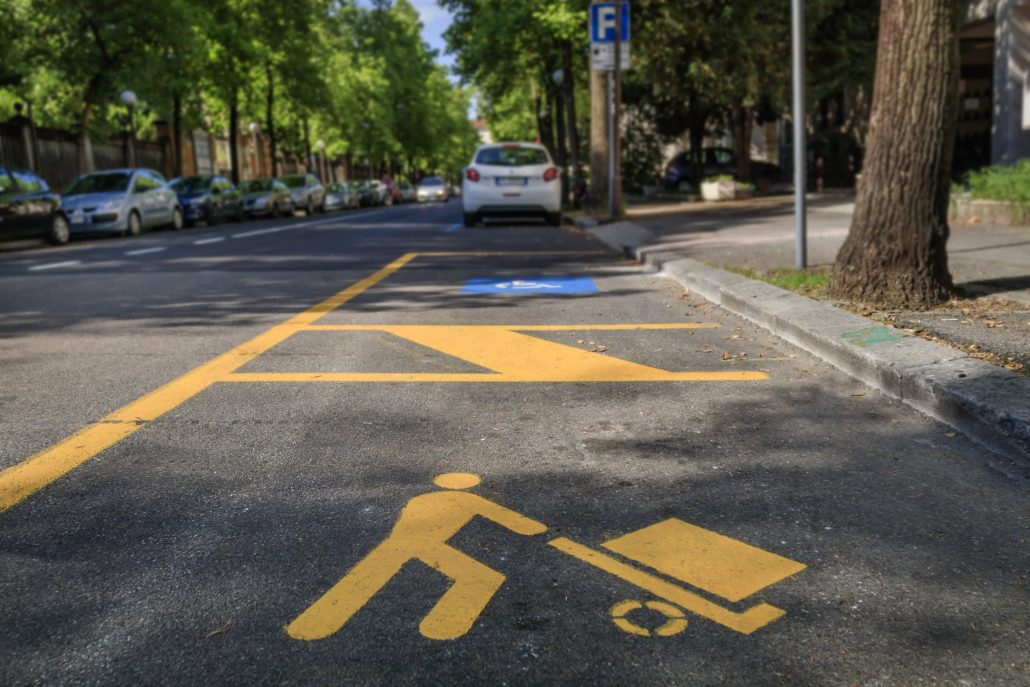
Manizales, Colombia
Regulation of loading and unloading operations in the city center and the Avenida Santander
The project will identify the loading and unloading zones for specific time periods in the target areas, and define the possible routes and types of freight vehicles that can enter the city center. Through the project, GPS devices will be installed on the freight vehicles to gather information about when and where loading and unloading operations are carried out in the city, in order to optimize the delivery schedules and vehicle routing. The project is expected to reduce road conflicts between freight operators and other actors, reduce transportation costs of the logistics companies and improve the air quality.
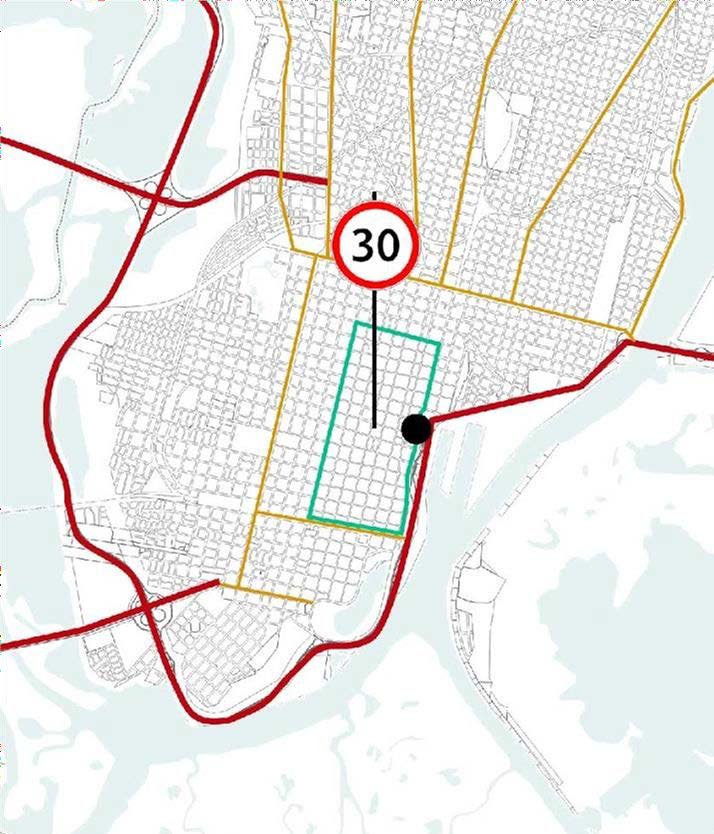
Santa Fe, Argentina
Urban distribution center for Ciudad 30
The project aims to use a semi-underground parking located at the Plaza Alberdi as an urban distribution center, which is designed to solve the last mile problem of urban freight while reducing vehicle miles traveled and associated environmental impacts. In Ciudad 30, large freight vehicles will be replaced with smaller and environmentally-friendly vehicles for the last mile distribution. Dedicated loading and unloading areas will also be built. In addition, digital technologies will be leveraged for the management of urban freight transport by placing parking sensors that will send real-time data to a mobile application. New traffic lights will be installed for better traffic management. The project will also use atmospheric sensors to measure and monitor the air pollutants in the Ciudad 30 area.
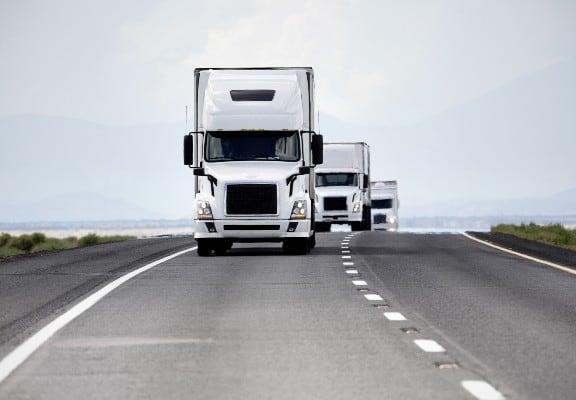
The Metropolitan Area of the Aburrá Valley, Colombia
TRT (Truck Rapid Transit) pilot project
Through the pilot, the left lane of the regional roadway in the multimodal corridor of the Aburrá River will be exclusively used by freight vehicles during the project period. This will be achieved through the dissemination of information to the users and the implementation of intelligent transportation system (ITS) devices. By giving priority to the freight traffic, the project facilitates the freight trips originating from, to, and through the Aburrá Valley, leading to improved air quality, reduced road accidents and traffic congestion, while improving the vehicle efficiency and fuel consumption.

